By Rabbi Yair Hoffman for Five Towns Jewish Home
Published in honor of the Bat Mitzvah Celebration of Raizy Klein Mazal Tov!
The Bat Mitzvah celebration has had an interesting history. Some communities celebrate the Bas Mitzvah quietly and in the home. In other communities, the standards are that they be celebrated in halls and must be catered affairs. Regardless of how they are celebrated, it would be worthwhile to get a background on what the Bas Mitzvah is all about.
Earlier Adulthood
The Gemorah (Niddah 45b) tells us that a girl becomes an adult at the age of twelve. According to the Ibn Ezra (Vayikrah 20:19), this tradition was handed down to us by Moshe from Har Sinai as were all the figures, numbers, weights and amounts (See Sukkah 5b).
A girl enters into adulthood a full year before a boy enters into adulthood in a bar mitzvah celebration. The reason for this is explained by the Talmud (Niddah 45b):
It is because Hashem placed more wisdom and understanding into women than into men.
This is derived from the pasuk (Bereishis 2:22), “Vayiven Hashem Elokim et hatzelah – And Hashem built the rib” – The word “Vayiven” has a double meaning – it means both “built” and “understanding.”
Origins of Bat Mitzvah Celebration
Some mistakenly say that the Bat Mitzvah celebration was invented by the founder of Reconstructionist Judaism, Mordecai Kaplan in 1922. This is not correct. A celebration for a Bas Mitzvah is mentioned in the Ben Ish Chai by Rabbi Yoseph Chaim (1883-1909) where he writes that the Bas Mitzvah should be a day of celebration. The Bas Mitzvah girl should wear a new outfit and recite a Shehecheyanu to celebrate her entrance into the “Ol Mitzvos”- the responsibility (and privilege) of observing Mitzvos.
So Kaplan actually took it from the Bat Mitzvah celebration of the Italian Jewish communities of Milan and Torrino. There, the girls would stand before the Aron Kodesh and recite special prayers that ended with a shehecheyanu blessing. The Rav of these communities then spoke and gave them a Bracha. A Seudah followed in the home of the girl.
Seudas Bat Mitzvah
There are many opinions about whether a Seudas Bat Mitzvah is considered a Seudas Mitzvah. Rabbi Yitzchok Nissim cites Rav Mussafya (1606-1675) that a Bat Mitzvah is indeed considered a Seudas Mitzvah.
This question was posed to Rav Moshe Feinstein zatzal (Igros Moshe OC I #104) a number of times. In a letter to Rabbi Boruch Poupko dated the 11th of Shvat 5716 (January 25, 1956), Rav Moshe states that it is not considered a Seudas Mitzvah whatsoever and if he had the capacity he would abolish the custom for Bas Mitzvos and Bar Mitzvos as they does not increase anyone’s commitment to Torah and often lead to Chilul Shabbos. This, of course, was in the 1950’s.
In a letter written to Rabbi Meir Kahane hy”d when he was the Rabbi of a Howard Beach congregation, Rav Moshe Feinstein writes (Igros Moshe OC IV #36) that a Bas Mitzvah celebration should not be held in a synagogue – even if the synagogue was built with a condition, and even if it was held in the evening. He did write, however, that the Rabbi should only take a stand against it if it would not lead to any embarrassment of the parents and if taking the stand would not cause machlokes – argument.
In this second responsum, Rav Feinstein did suggest an alternative – that a Kiddush be sponsored instead. This, in fact, would be no different than sponsoring a Kiddush for any Simcha. In order to avoid conflict, Rav Moshe zatza; suggested that it is preferable to ensure that words of Torah be recited at the meal. The meal should not be held in a synagogue if possible. However, using a room adjacent to the sanctuary would be permitted.
On the other hand, Rabbi Yaakov Yechiel Weinberg has written (Sridei Aish Vol. III #93) that in our times, it is very appropriate to strengthen the religious faith of our daughters through the Bas Mitzvah ceremony.
The Blessing of Boruch ShePatrani
The blessing of Boruch ShePatrani is not recited for a Bas Mitzvah.. There are four reasons for this:
1] Since a daughter remains in her father’s home until marriage the obligations involved in raising a child continue further on until the point of marriage (see Kaf HaChaim 225:15).
2] Rav Yoseph Teumim in his Pri Magadim suggests an opinion that since the daughter’s obligation in Torah knowledge is action-based and not knowledge based, a father is exempt from teaching her and therefore does not recite the blessing (PMG Aishel Avrohom 225:5). He writes that even according to the opinion that the father is obligated in teaching her, the lesser amount of Mitzvos that she is obligated to perform does not necessitate his recitation of the blessing.
3] Rav Moshe Feinstein zatzal explains in a letter to Rabbi Zalman Uri of California dated the 9th of Iyar 5719 (IM OC Vol. II #97) that the blessing is not recited because it is not readily identifiable that a change took place. In regard to boys, the change is readily identifiable by virtue of them being included in Minyanim.
4] There is a view found in the Levush that the actual intent of the Patrani meOnsho shel zeh is the opposite understanding of the one that we have. In other words, Blessed be Hashem, who has exempted me from having my punishment meted out upon my children. Girls, however, would never have been included in it in the first place, since they would be affecting a third party – their future husbands. It would be wrong to affect a third party and therefore Hashem would not exact punishment on them. This then would remove the need to recite the Boruch ShePatrani.
As a parenthetic note, this position can only exist during a time of “idna derischa” where Hashem is in a period of Divine Anger against His people. Otherwise, this type of punishment would never be. (See Sukkas Dovid by Rabbi Dovid Kviat zt”l on Sefer D’varim, “Hester Panim.”)
After the Bat Mitzvah
Although one is exempt from doing Teshuvah upon aveiros (transgressions) that one did as a child, the Ramah (343:1) writes that one should accept upon oneself something as Teshuva and atonement for these aveiros. The pasuk in Mishlei (19:2), “Even without knowledge it is not good” applies to this case.
The main idea of a Bas Mitzvah and to celebrate it is that it is a period where another member of Klal Yisroel is brought into the responsibility of Mitzvos and can develop that special Dveikus and relationship with the Creator of the world.
Mazel Tov Raizy!!!
The author can be reached at [email protected]

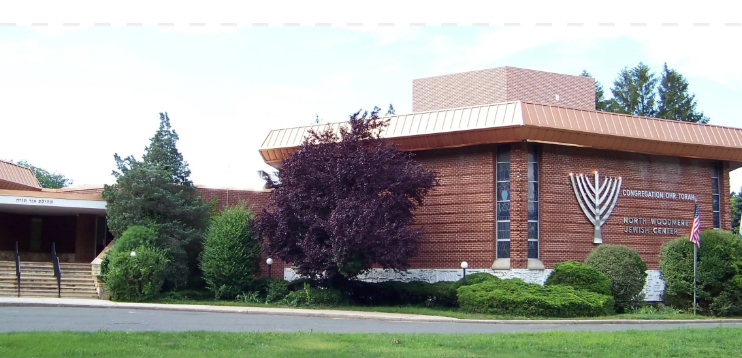


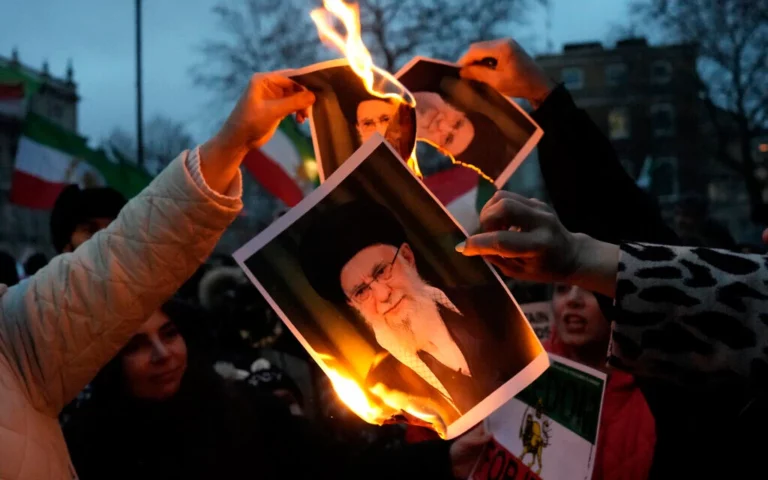


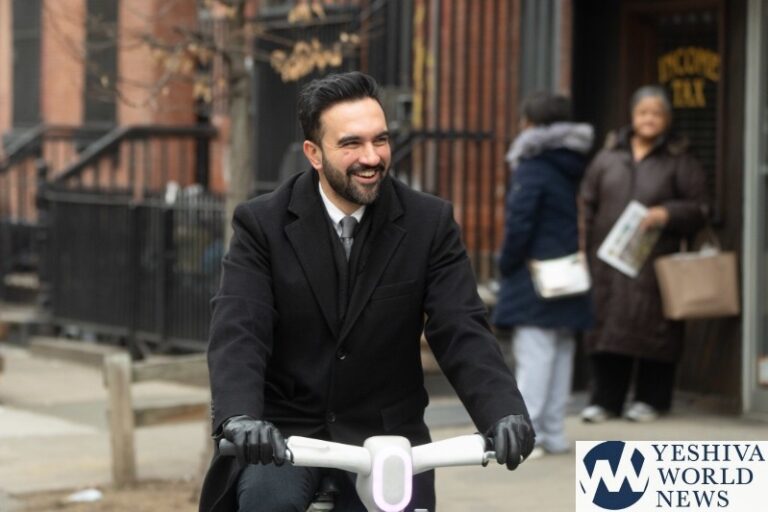

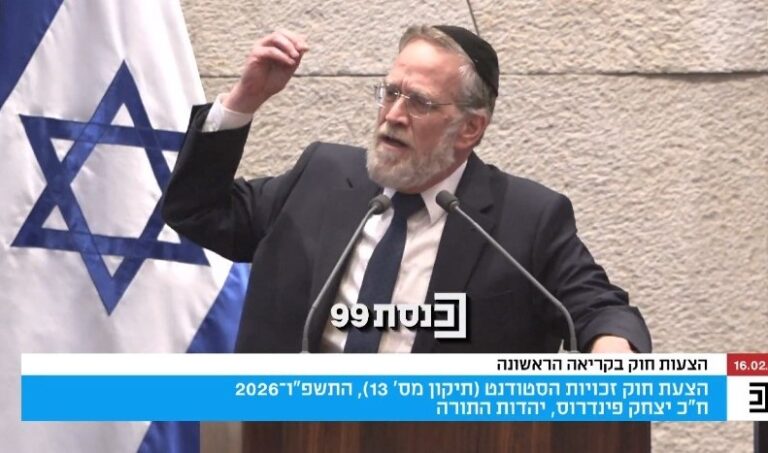

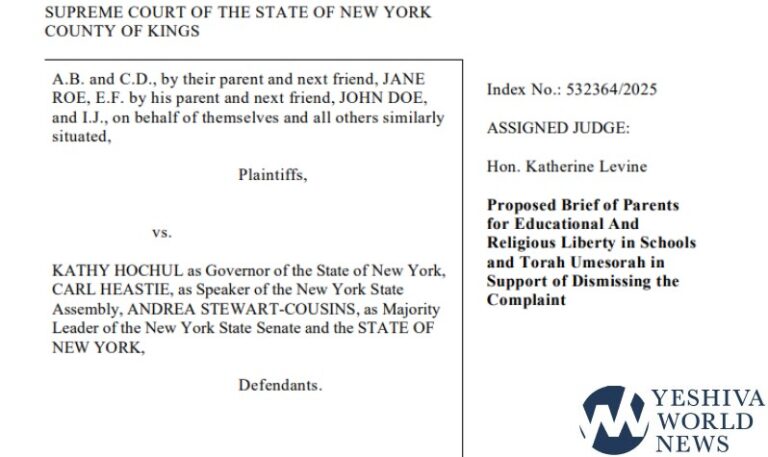
5 Responses
כוהמנהג שיש נוהגים לעשות מסיבה חגיגית וסעודת הודאה ושמחה לבת מצוה, ביום מלאת לבת שתים עשרה שנה ויום אחד, הוא מנהג טוב והגון, ויש בזה מצוה לחיזוק החינוך לבנות ישראל ברוח ישראל סבא. וטוב שיאמרו שם דברי תורה ותשבחות להשי”ת. וברור מאד שיש לשמור בקפדנות על כללי הצניעות לפי דעת תורתינו הקדושה, וכמו שנאמר: עבדו את ה’ בשמחה וגילו ברעדה. ונכון שהאב יברך ”ברוך שפטרני מעונשה של זו” בלי שם ומלכות, כדרך שאומרים כן בנער שנעשה בר מצוה. [ילקוט יוסף ברכות עמוד תרז].
baby squirrel, Hashem does not deserve capitalization?
1. Igros Moshe, OH, 4:36
A Bas Mitzvah Celebration in the Synagogue.
And the benefit that your wrote about, it appears that, quite the opposite, many Shabbos violations and other negative things will result from this. And even regarding sons, we have not seen any benefit from these celebrations as a way of bringing him closer to Torah and mitzvos. Even if regarding particular girl, in an exceptional case, you see that there would be a benefit – nevertheless, in the vast majority of cases it is the opposite – a negative. Therefore, you should distance this new thing of a bas mitzvah celebration, and not to encourage it, even if it does not lead to any debates or arguments…
2. Igros Moshe, OH, 1:104
In the matter of a Bas Mitzvah.
Regarding those who want to make a ceremony and celebration for the girls when they become bas mitzvah. Behold, one should not do this in a synagogue, regardless, even at night, because the synagogue is not a place to do optional, non-mitzvah matters, even if it was constructed with a stipulation. And this ceremony of the bas mitzvah is certainly only an optional matter and it is a matter of nonsense and there is no basis to allow it to be done in the synagogue. Certainly this is even more so since the source of this practice comes from the Reform and Conservative. Only if the father wants to make a celebration in his house is he allowed. But there is no basis to consider this a mitzvah matter or the meal a mitzvah meal, for it is nothing more than a birthday celebration.
If I had the ability, in our country I would do away with the bar mitzvah celebration for boys, for it is well known that this celebration never brought any person closer to Torah and mitzvah, not even the bar mitzvah boy, and not even for a brief moment. Quite the opposite, in many places it brings about a violation of Shabbos and other transgressions. Nevertheless, what is already practiced here, and also comes from a mitzvah source, is difficult to do away with. But to innovate for girls something that is without any mitzvah basis – even just in the house – it would certainly be better to avoid this, although there is no prohibition. But to do so in the synagogue, even at night at a time when there are no services, is forbidden.
3. Igros Moshe, OH, 2:96
Regarding your comments on my responsum regarding the bas
mitzvah meal.
What you were troubled about – why is there not a mitzvah in having a bas mitzvah meal when the girl becomes 12 years old, as there is for a boy, for a girl also becomes obligated in mitzvos at this point…
What appears correct in my humble opinion is that the difference is because it is not discernable the practical (halachic) difference with a girl when she reaches (halachic) adulthood in contrast to when she was a (halachic) minor. It is not similar to a boy where this is very obvious – for now he can be part of a minyan and a grouping of three… But when it is not discernible there is no mitzvah to make a meal.
MMK was the Rabbi of the Jewish Center before RLJ came from London. Then he moved to Central Park . He was the grandson of YDE who crafted the Otzar Yisrael a staple in Jewish homes. He taught in JTS. I knew one of his students was a Rabbi near the Mirrer Yeshiva and RSMK would make an appeal there. Another was a Rabbi in Eastern Queens. The shul doubled as a Korean lehavdil.
There is a Tshuva on Bas Mitzva (I think where a celebration could be held) in the Igros Moshe. The question was submitted by a Queens rabbi, Meir Kahane (HY’D). Another published question related to a Kohen whose legs were blown off (Lo Alenu) in Korea was also submitted by Rabbi Meir Kahane as the Vet wanted to duchan .